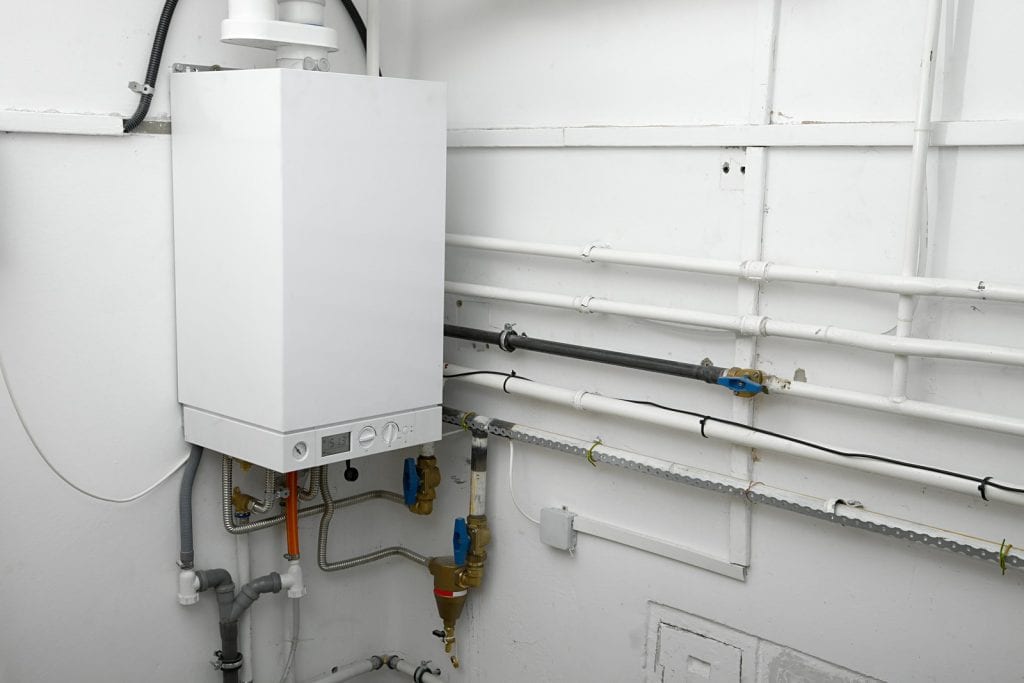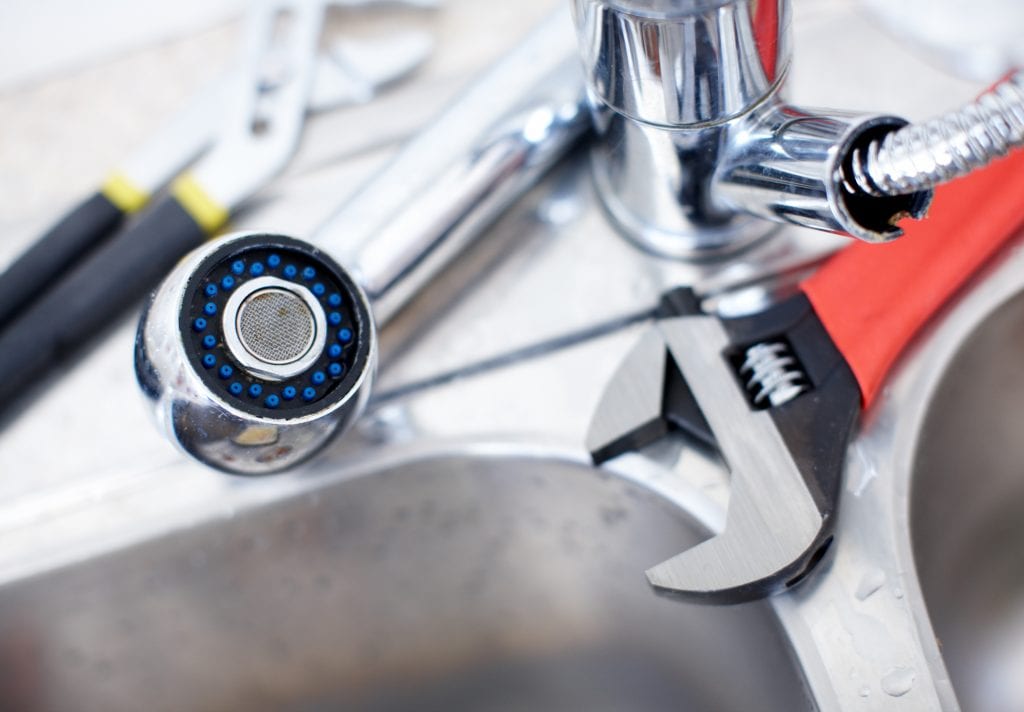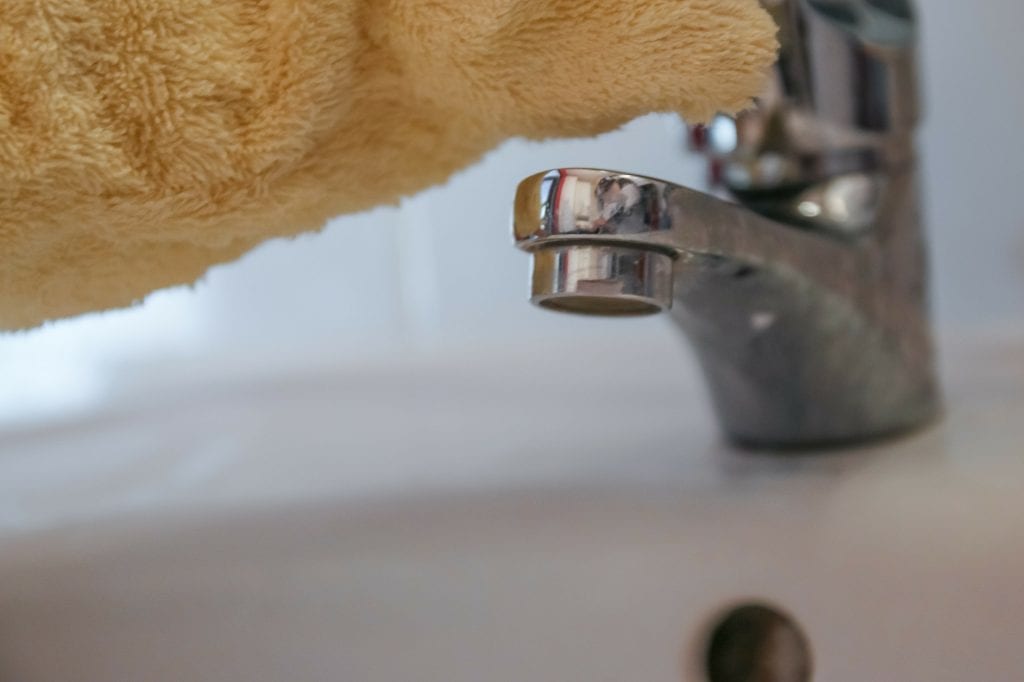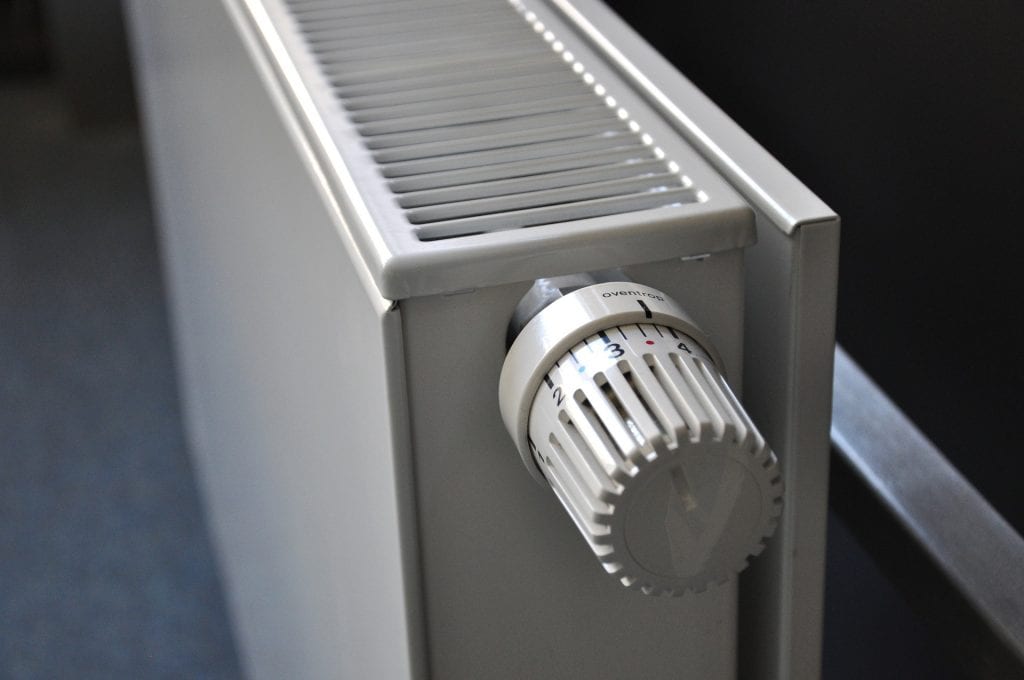What is a Boiler Service?

Here at DeWAR Plumbers we are always reminding people to get their gas boiler or oil boilers serviced on an annual basis. But what exactly is a boiler service? What do you get for your money? In its simplest terms, a boiler service is a series of tests and examinations that are carried out in […]
Preventing Plumbing Problems

While it is virtually impossible to prevent all plumbing problems that can possibly come about, a great many of them can be avoided by taking adequate care and precautions. By adhering to the following advice, you can make life much easier for yourself by negating the need for having unnecessary plumbing services while saving yourself quite […]
Maintenance Tips for Bathrooms

As one of the most important rooms in a house, bathrooms need there fair share of maintenance work carried out as a matter of routine in order for it to run efficiently. Being diligent in your bathrooms maintenance duties can save you a great deal of inconvenience and money in the long term. Adhering to […]
Power Flushing your Heating System FAQ

Over time, all manner of dirt, grime and other kinds of unwanted blockages can accumulate within the piping of your home’s heating system. A Power Flushing Service is a very efficient way of cleaning such undesirable elements out your central heating system. Using a specially designed Power Flush device, an experienced DeWAR Plumber pumps a […]